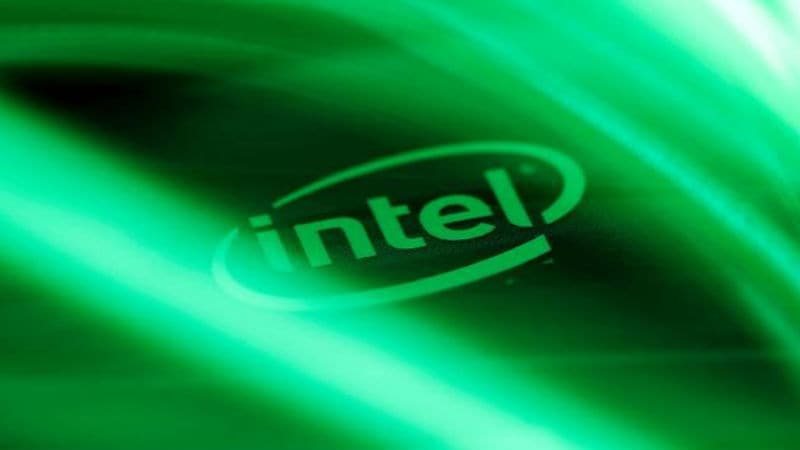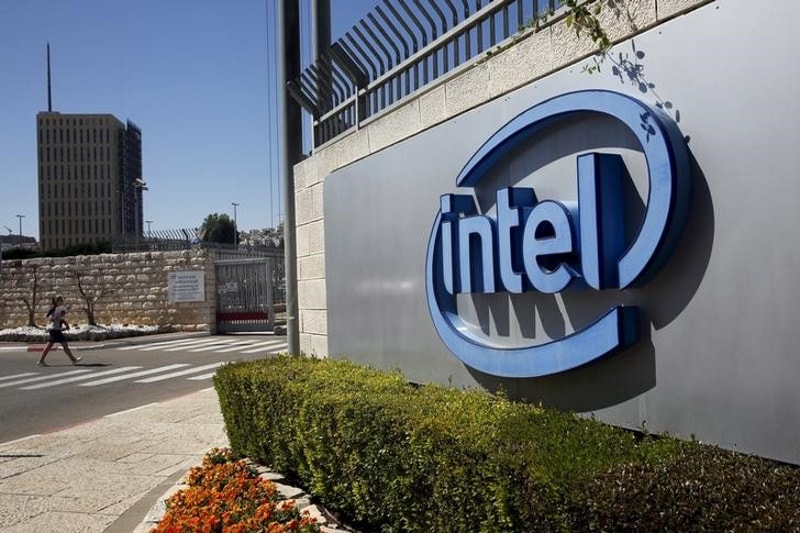Intel is best known as a chip maker for PCs, but its work in areas such as Artificial Intelligence (AI) and with telcos towards setting the stage for 5G rollout in India is less known. Gadgets 360 caught up with Prakash Mallya, Managing Director for Sales and Marketing, Intel India to talk about all that and more.
“Technology is getting embedded into every piece of intelligence in the ecosystem, and we’re in an opportune position to help take India forward using these technologies,” said Mallya. “Our objective is to democratise AI, which means make it easier, simpler, and cheaper for everybody to use, including very small companies like early startups that can’t afford expensive technologies.”
Over the last one year, Mallya said that Intel had engaged with academic institutions, developers, and the industry on tools and technologies to bolster the growth of AI in the country. The company has also been working with the government to make the development of AI-based technologies easier and more viable.
“We are engaged with the government and being a part of their conversations and contributing to what the standards should be,” Mallya said, adding, “There would be challenges around ethics of AI, privacy around data, all of these are to be countered as an industry so that we can provide the right input to the government and make the decision for the country.”
He explained that Intel so far has a wide portfolio for solutions to power AI developments, including various Xeon processors, Field Programmable Gate Array (FPGA) semiconductor IC-equipped development kits, and its Nervana NNP (neural network processors) family. At the same time, India generates a massive amount of data on a regular basis that can make the development of AI easier. But what is presently on the radar of Mallya and his team is to find relevant talent. “Our strategy to mainstream AI is to put AI tools into the hands of scientists, developers, analysts, and engineers, whether through training and education programmes, SDK products, and open source platforms,” he said.
Intel India Chief Says AI Will Not Cut Jobs, but Create Different Ones
To broaden the adoption of AI, Intel has been running the Intel AI Academy in India and also hosted AI Day last year. “When we hosted AI Day in India last year, we set out with a goal of 15,000 people in the AI community to be trained within one year through 60 programmes, workshops, and training sessions, and had reached a target of 9,500 by the end of the year,” Mallya told Gadgets 360. Apart from the in-house developments, Intel also last year collaborated with Tata Consultancy Services (TCS) to launch an AI Centre of Excellence in Hyderabad. “That Centre of Excellence will collaborate with academic communities to develop new algorithms for AI, support AI research projects, and enhance teaching content in classrooms,” he said.
In June last year, Intel announced an investment of Rs. 1,100 crores in India towards setting up a new Research and Development (R&D) centre in Bengaluru. Mallya said that the company had already been testing solutions from automotive sensing to neuromorphic computing, with engagements across chip design, graphics, platform, and software for cloud, datacentre, devices, and Internet of Things (IoT) markets, all at its R&D centre. He also mentioned that the focus in the near future was to build the existing data centre business and grow the cloud business in the space of computing, networking, storage, and memory solutions.
One of the examples of how Intel is piloting its AI developments for Indians is the partnership between the Karnataka state government and Intel’s Mobileye that took place in November. The tie-up brought a project for automotive safety, called Automotive Safety Innovation, that uses electromechanical laser imaging technology LiDAR to assess the road information for enabling assisted driving. “No part of the world will go from self-driven cars to hundred percent autonomous cars. It’s always a phased approach,” Mallya said. “So, our immediate opportunity is to make driving safe and better and probably contribute to the cause of assisted-driving at some stage in India.”
Intel is also working on the rollout of 5G in India, which it sees as being beneficial for the development of AI, through the increased generation of data. “With higher capacity and lower latency, the number of devices that can be supported on 5G will be drastically higher,” Mallya said. “The more people in India that are connected, the better poised India will be to take advantage of the data revolution. And, of course, processing the data is where we come in – no company on the planet runs and analyses as much data as we can over such a long period of time.”
In India, Intel is focusing on three key areas for 5G that include industry partnerships, end-to-end 5G-related hardware and software, products and platform, and supporting 5G standards setting, Mallya explained. “We have provided the DoT (Department of Telecommunications) with information from studies and trials, which in itself is a first,” he said. “Knowledge sharing is the key because what is happening with standardisation, and what regulators across the world are doing, will help the Indian government move faster.”
5G in India: Government Harmonising Spectrum, Says Telecom Secretary
Mallya also stated that Intel has been helping telecom operators in the country to move from proprietary architecture for fixed functions to network function virtualisation and make them 5G-ready through trials on open standard space X-series servers. “We believe the shift to 5G will be standardisation and usage model-driven, the critical indicator of which will be the virtualised network, which will enable network speed and scale,” he added.



